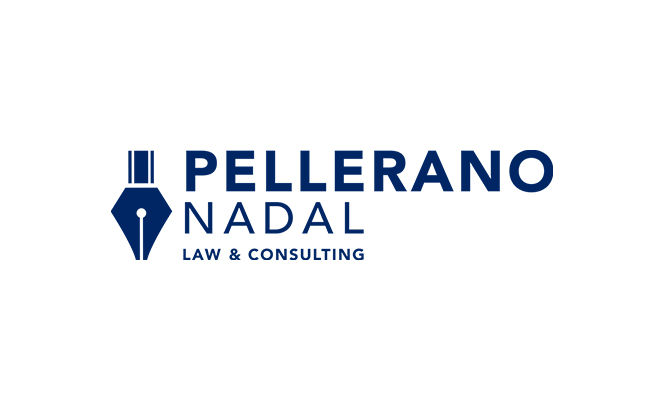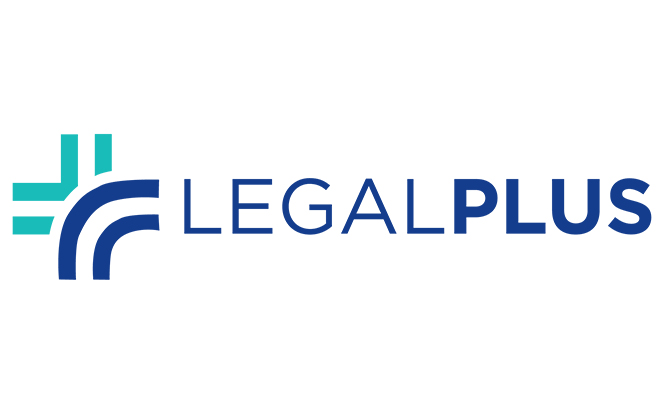
1. What are the primary laws and regulations governing the energy sector in the Dominican Republic?
The General Electricity Law No. 125-01, dated 26 July 2001, as amended (the Electricity Law), regulates all stages of production, transmission, distribution and commercialisation of electricity, as well as the functions of the competent government agencies that oversee the energy sector. These agencies are essentially the National Energy Commission (CNE), responsible for national energy policy development and the Superintendence of Electricity (SIE), as the regulatory/supervisory body. In 2007, the Renewable Energy Incentives Law No. 57-07 (Law 57-07) was enacted to provide a number of incentives to businesses developing renewable energy technologies.









